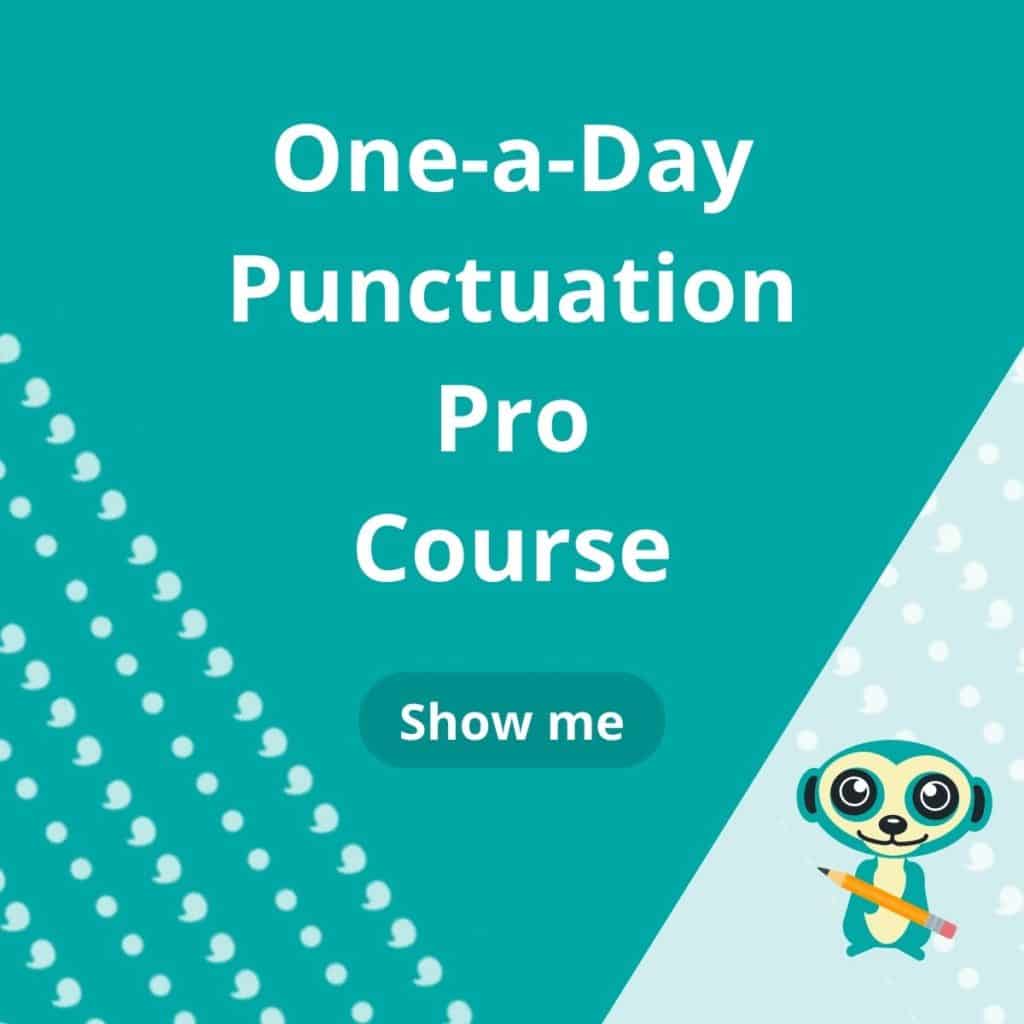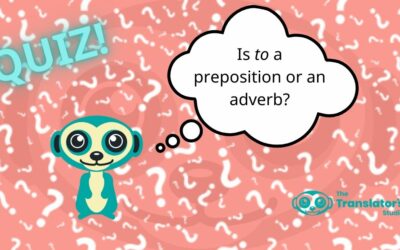Inversion with negative adverbials sounds like something you might need to swot up on. But, we all naturally use inversion in everyday speech. If you ask a question in English you often invert the subject and the verb. I will go tomorrow becomes Will you go tomorrow? as a question. But how much do you know about inversion?

Inversion quiz
Can you confidently use inversion? Which adverbial phrases and adverbs mean you should use inversion? Which part of the sentence should you invert? Test yourself with our quiz and you’ll find some hints and tips in the answer section!
True or false?
1. You can use inversion instead of if in conditionals with had, were and should.
2. Don’t use inversion after so + adjective … that.
3. With not until, not since, only after, only when and only by, the inversion goes in the second part of the sentence.
4. You can use inversion with negative adverbials like hardly, seldom, rarely, no sooner and only later.
5. If there is no auxiliary verb in the sentence, use do in the inverted sentence.
Scroll down for the answers.

Answers to inversion quiz
1. True. If he had arrived on time, this wouldn’t have happened. With inversion, had he arrived on time, this wouldn’t have happened.
2. False. For example, so delicious was the food that we returned every night.
3. True. For example, only after I’d spoken to her mother did I truly understand her predicament.
4. True. When the sentence starts with these words,invert the subject and the verb: hardly had I arrived home when the telephone rang.
5. True. Compare never had she seen such a beautiful sight before and seldom do you see such an amazing display of dance. The second sentence needs an auxiliary verb.
Check out our courses!
Find out more about this high-level grammar device and become a grammar guru on one of our translator training courses. Whether you’re a working translator hoping to pass the DipTrans, or just dipping your toes into translation with the CertTrans, we have the right course for you! Check out our website and do your free level test!




0 Comments